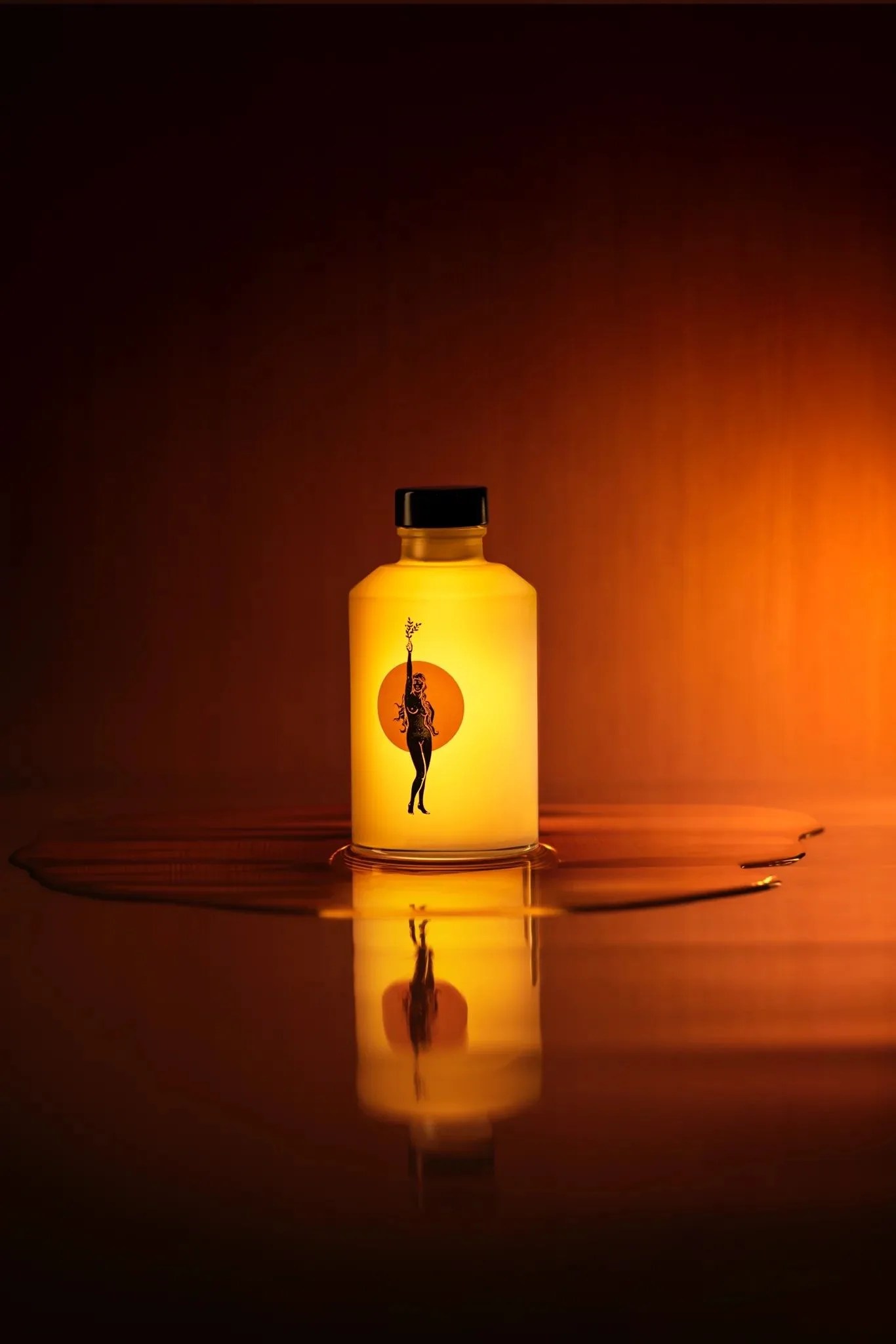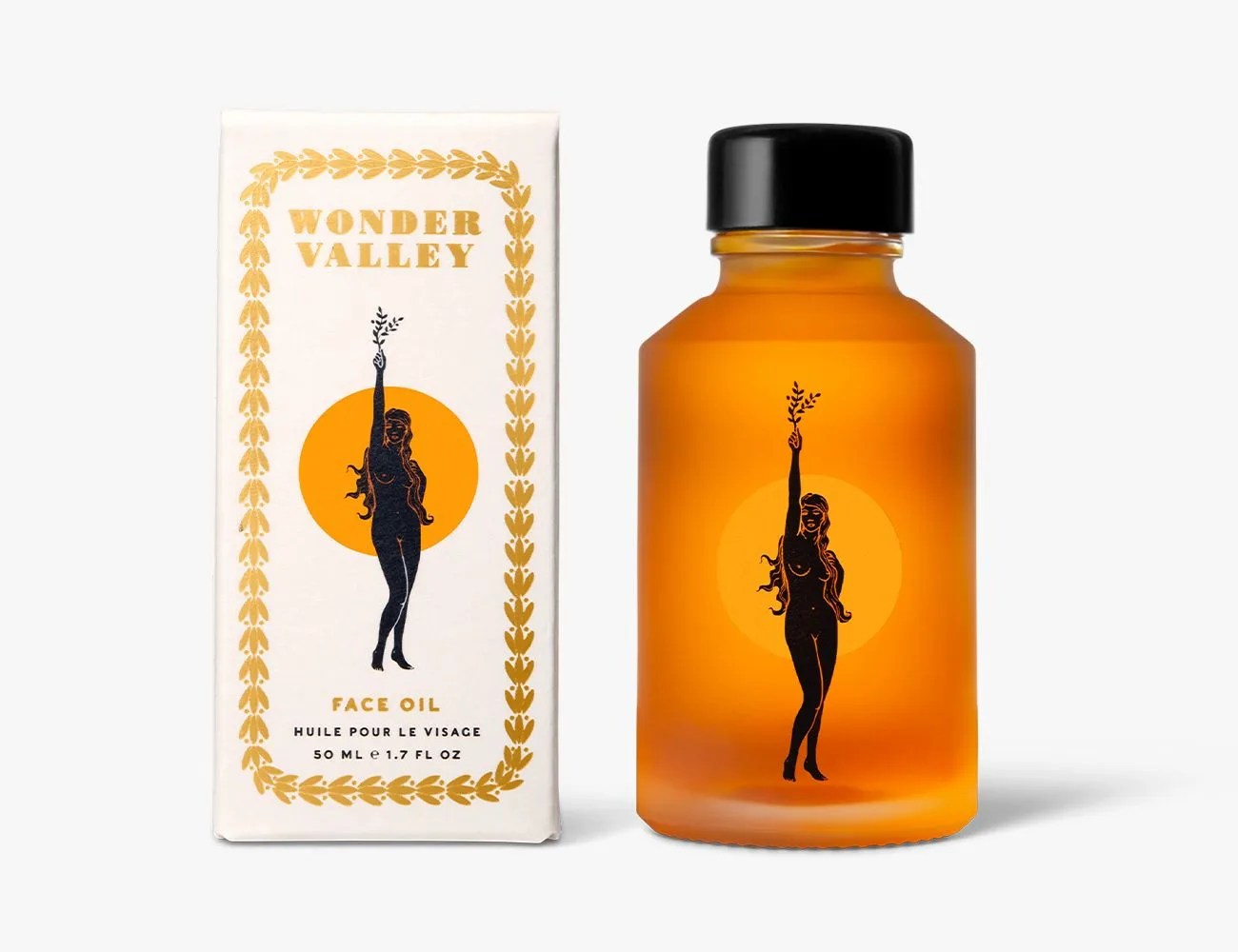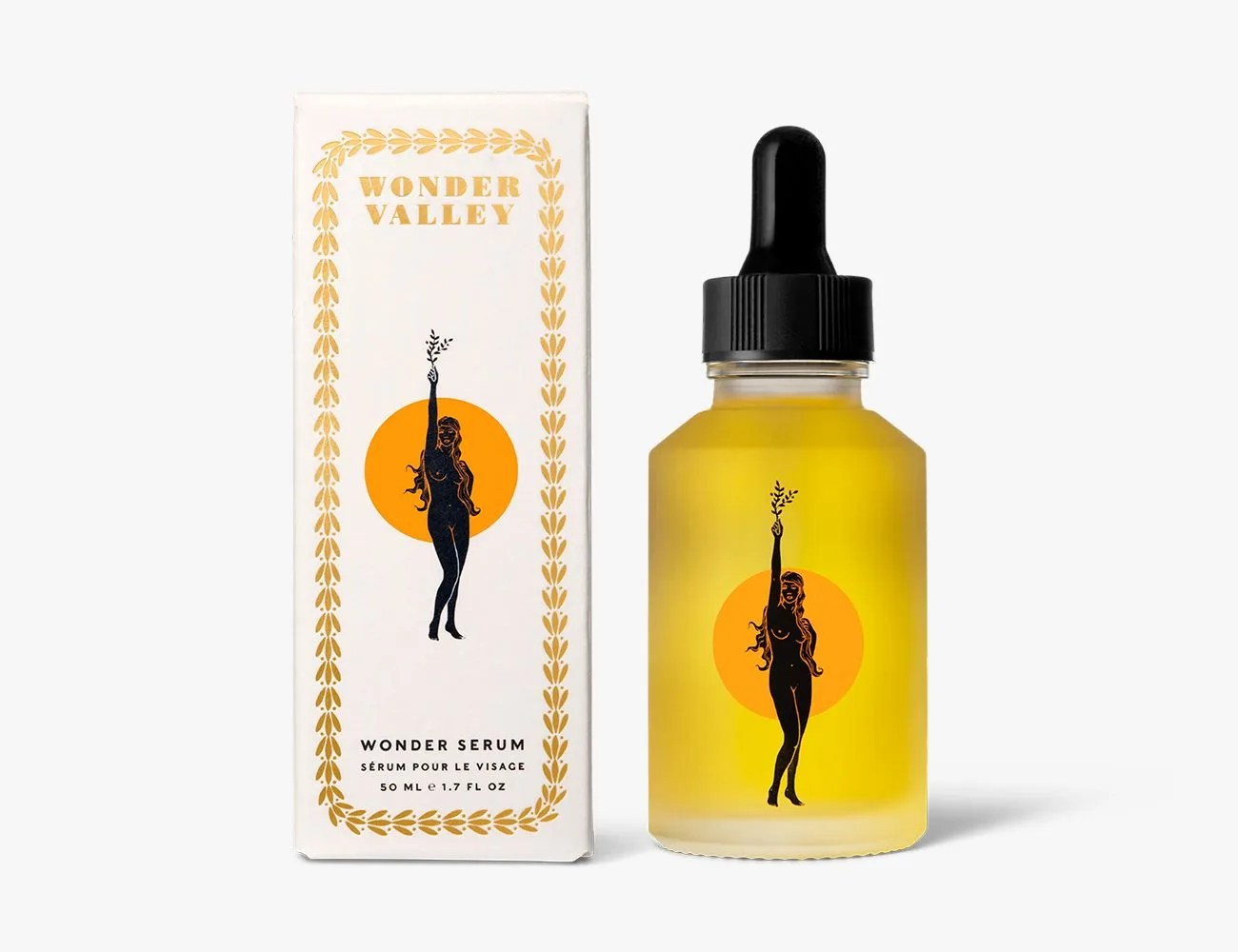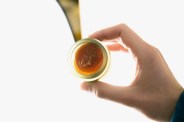Adding more oil to your face might sound counterintuitive, especially if you’re excessively oily. We’ve learned to associate oiliness with pubescence, when teenagers get greasy, incubate breakouts and, well, smell. But oil is actually good for the skin, especially if applied correctly.
Just ask Wonder Valley founders Jay and Alison Carroll, who branched out into skincare after first making cooking oils. Alison struggled with acne for years, and the brand’s skincare component was born from her own at-home experiments.
Products in the Guide
“We fell in love with everything about olive oil and as we went down the rabbit hole of its history, its lore, and its power for holistic health benefits,” Jay says. “Evolving into skincare didn’t feel so much as a transition from one to the other but more so as a natural evolution to celebrating olive oil in all its uses and benefits.”
And olive oil has plenty of uses — from ancient bath ceremonies to searing chicken thighs. As such, Wonder Valley had plenty of potential products.
Alison let her own curiosity fuel product development, which meant the brand would be specifically catered to her needs. Eventually, though, she realized her problems weren’t unique, but rather universal.
“We developed our skincare products for ourselves first, specifically for Alison’s skin needs in curbing acne and inflammation,” Jay says. Alison’s acne didn’t subside until she switched from over-the-counter treatments to holistic ones — like olive oil. Plus, the pair was adjusting to a new climate, which was far hotter and dryer than everywhere else they’d called home before. “We had just moved to the desert and an olive oil based skin care routine felt like such an incredibly natural solution for adjusting to the dry climate.”
More than just spokespeople for their own brand, Jay and Alison are beneficiaries of a product plenty of people rely on everyday, but not in their skincare routines. When their first few samples were finished, they distributed them to friends and family members in similar climates. Then others in New York. The feedback was overwhelmingly positive. But people still had questions — and we’re sure you do, too. So we asked Jay and Alison to explain why olive oil works for your skin, how their products are made and how to use them.







